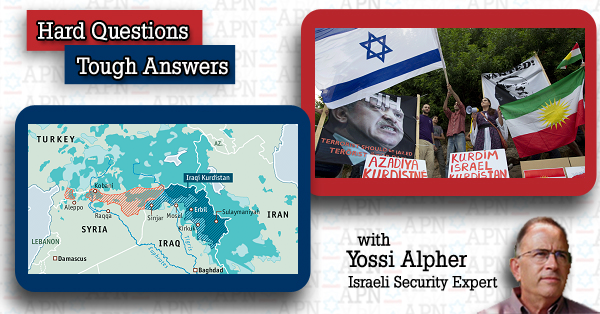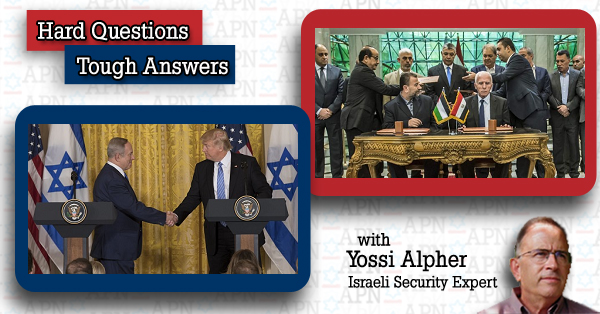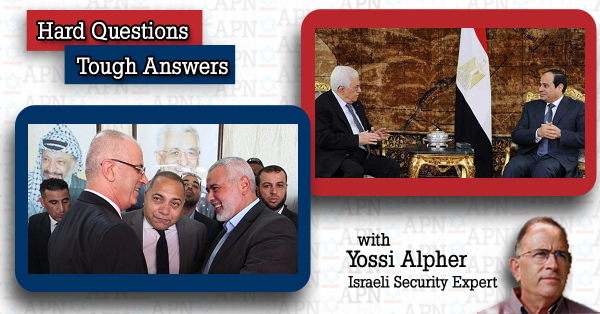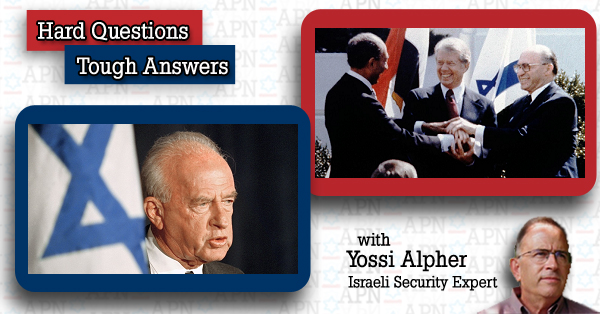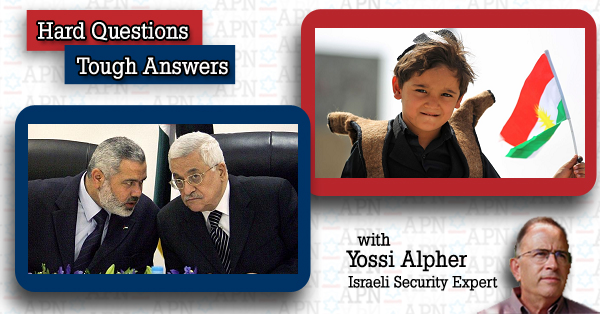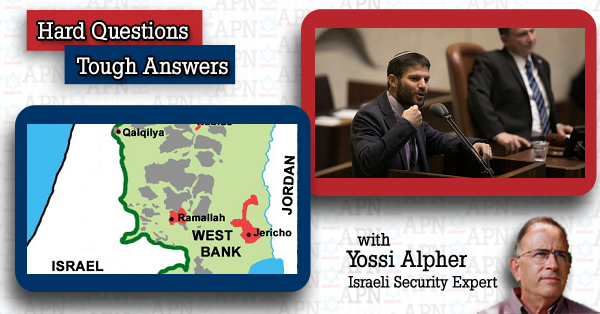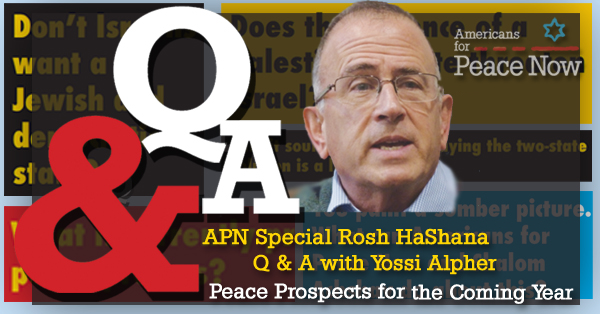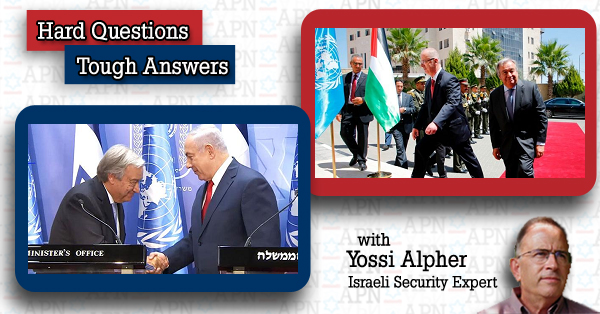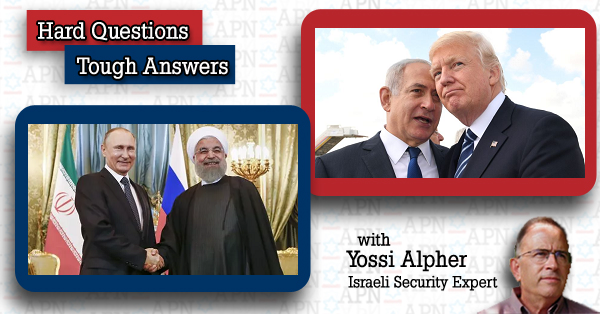Yossi Alpher is an independent security analyst. He is the former director of the Jaffee Center for Strategic Studies at Tel Aviv University, a former senior official with the Mossad, and a former IDF intelligence officer. Views and positions expressed here are those of the writer, and do not necessarily represent APN's views and policy positions.
This week, Alpher discusses the issue with the Kurds, in a nutshell; how the Kurds got themselves in this mess and how Kirkuk figures so centrally in the Kurdish independence controversy; why the US is opposed to Kurdish independence and why it appears to be taking the side of Iran, Turkey and Iraq in this dispute; why Israel supports Kurdish independence; whether there is a Syrian Kurdish connection; and the argument that Israel is hypocritical because it supports Kurdish independence but thwarts Palestinian independence.
